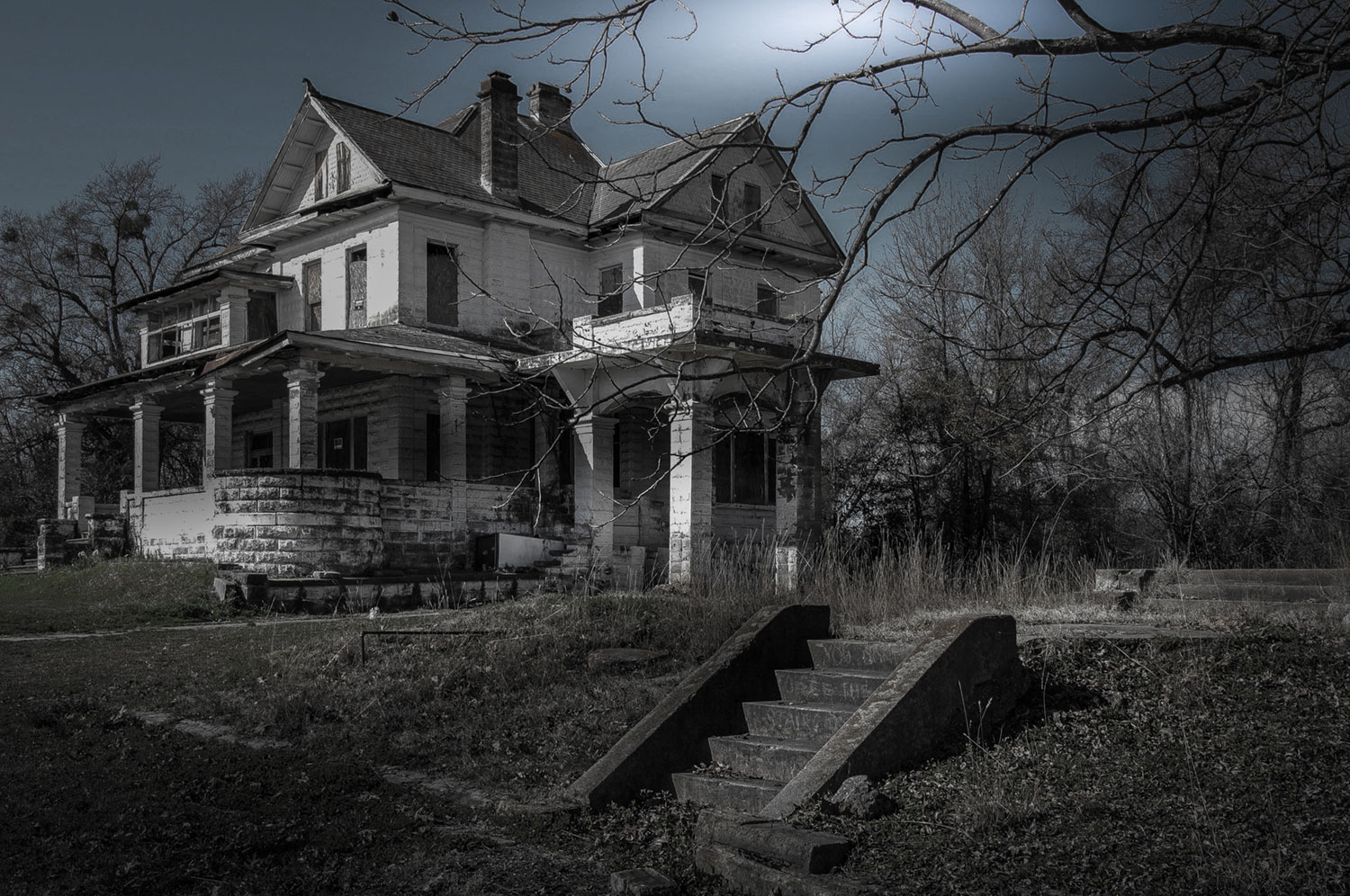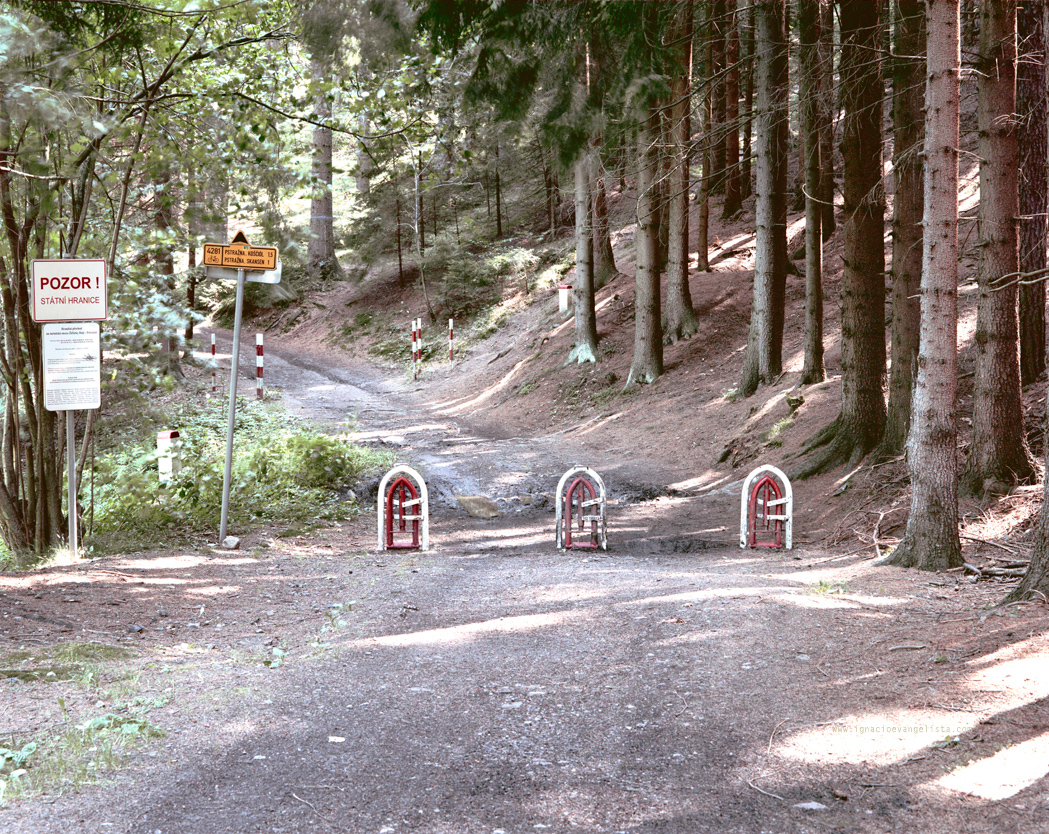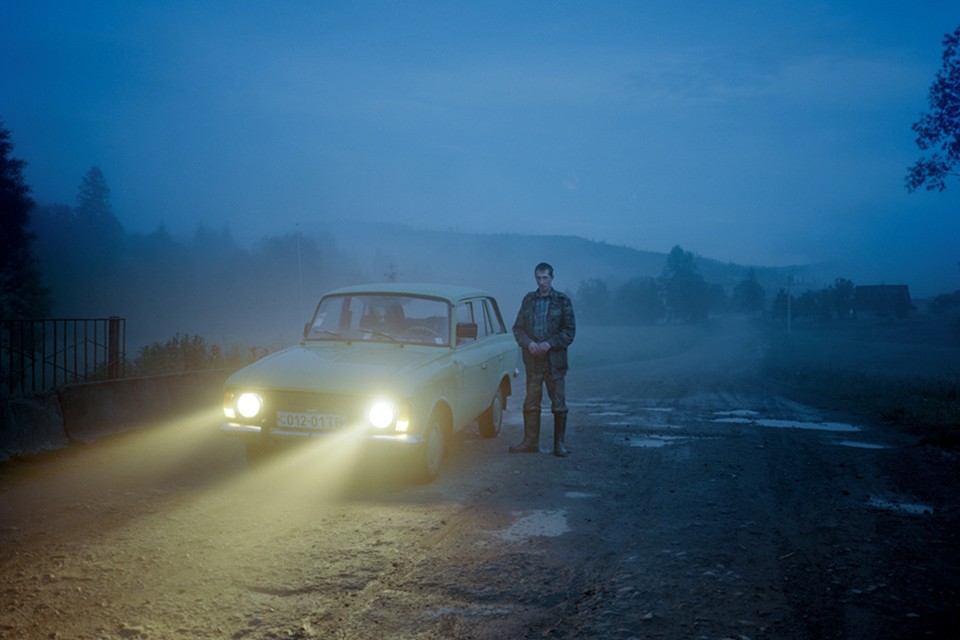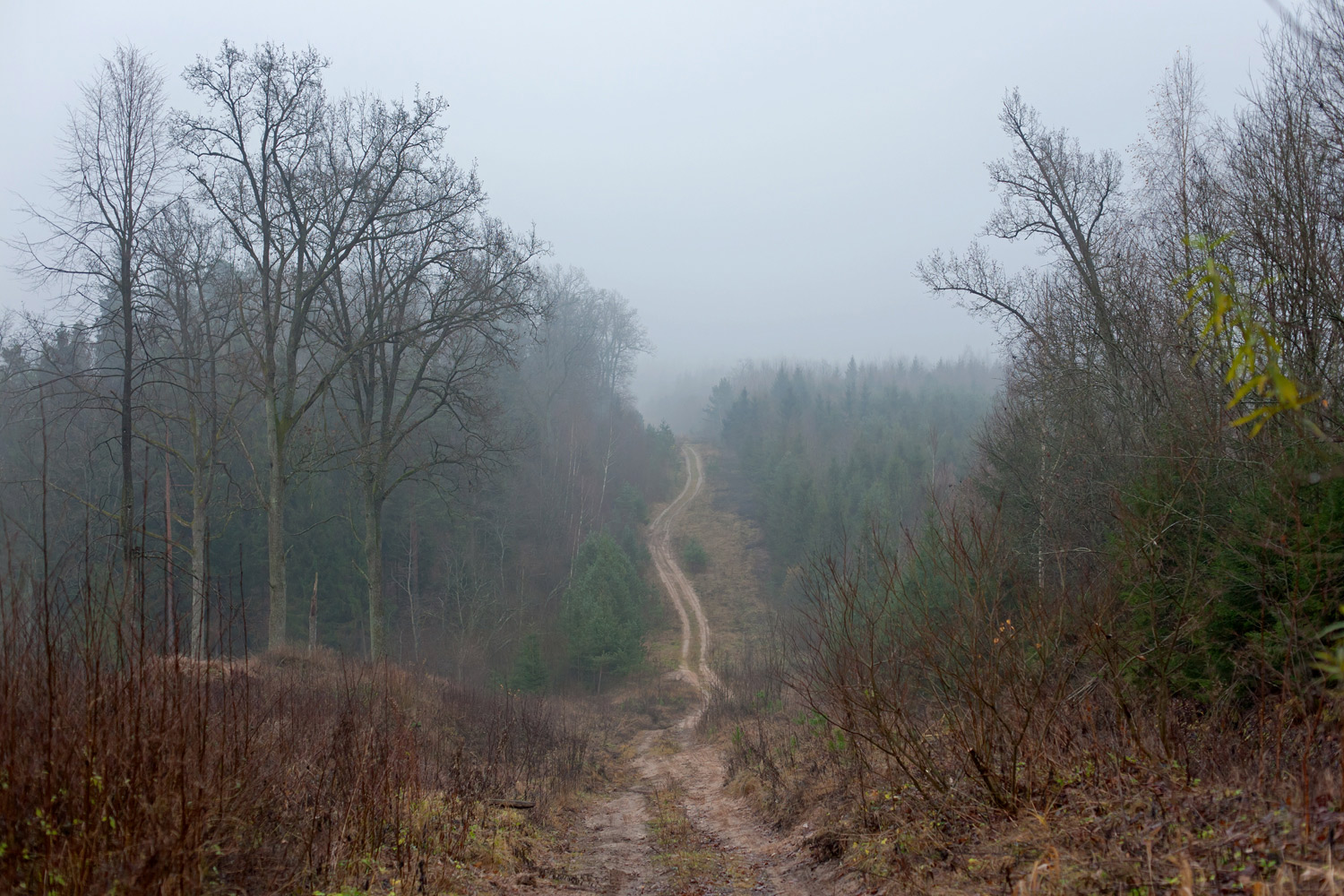
Lost: Rooms of Missing People in Karolina Jonderko’s Series

Polish photographer, born in Rydułtowy, currently based in Warsaw. Has a Master's degree in photography from the Polish National Film, Television and Theater School in Lodz. Member of Napo Images Agency. She won Magnum & Ideas Tap award and completed an internship at Magnum Photos office in New York City. Most of her long-term projects are focused on the aftermath of loss. She has received both Polish and international awards for her work. Works both locally and internationally.
— It was 2012. I was on the train on my way home reading My Lovely Bones by Alice Sebold. There was one particular moment in this book when the missing girl’s little brother entered her room and started jumping on her bed. Her father yelled at him and told him not to touch anything, because she might come back. That made me think of the empty flat I was going to. My mum’s room has not changed much despite the fact it had been my room since her death in 2008.
I arrived at my destination, got off the train, and the platform was wallpapered with posters of missing people’s faces. So I wondered if their rooms are left untouched as well. I wanted to find out. This is how it started. It took almost a year and over 7,200 km.
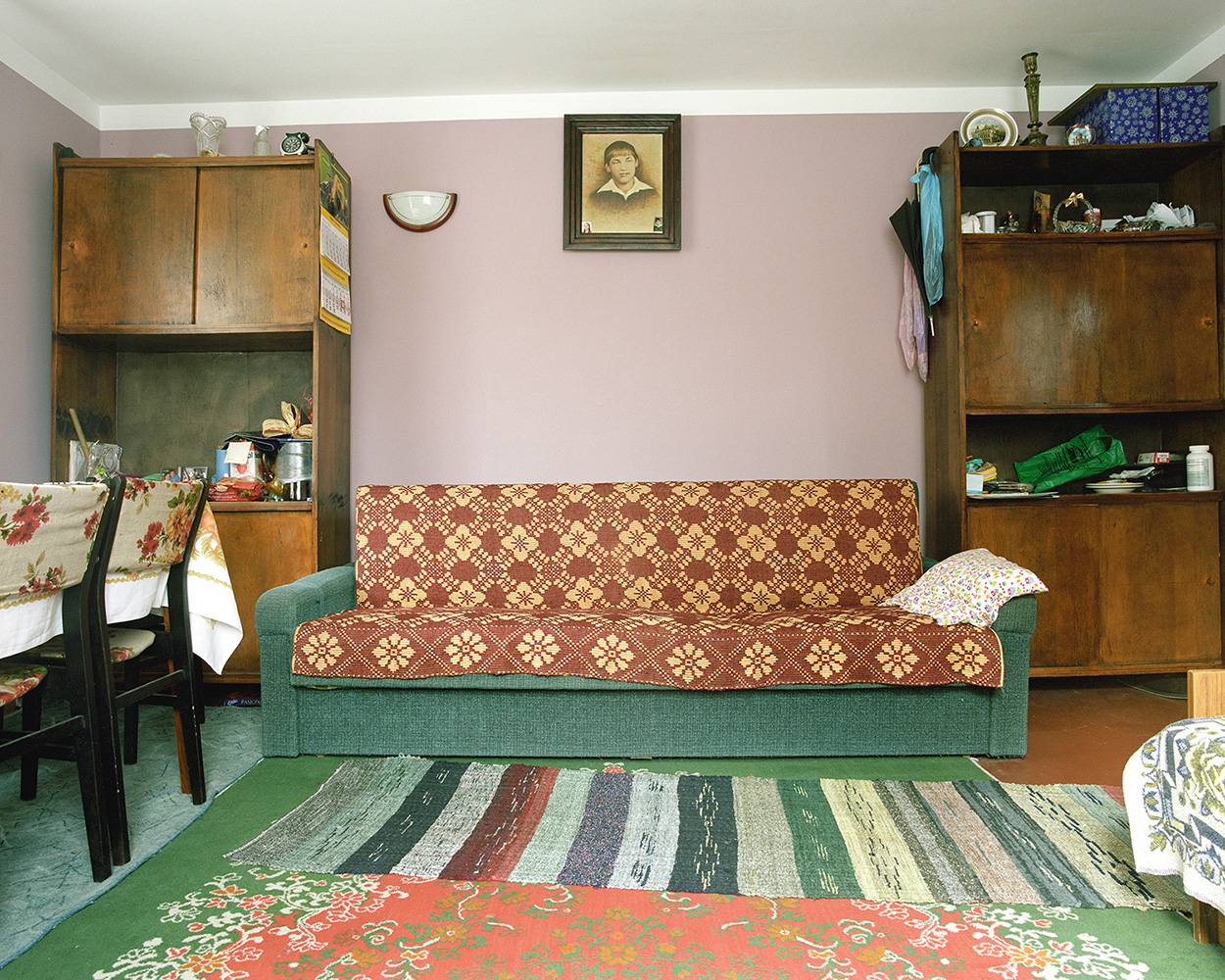
Aleksy Jakoniuk. Missing since: 17/06/2009. Age at disappearance: 79
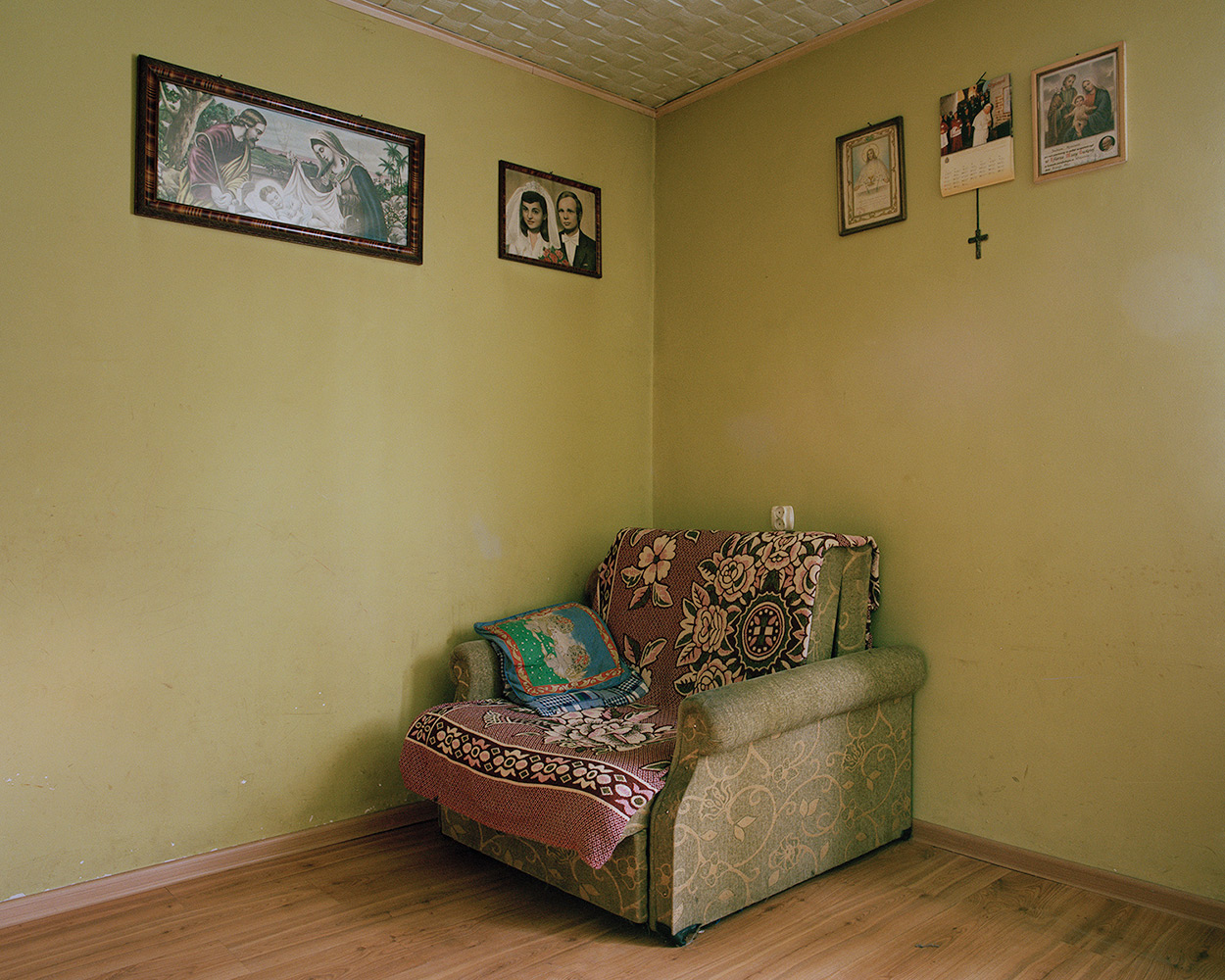
Sabina Konradt. Missing since: 1/08/2011. Age at disappearance: 25
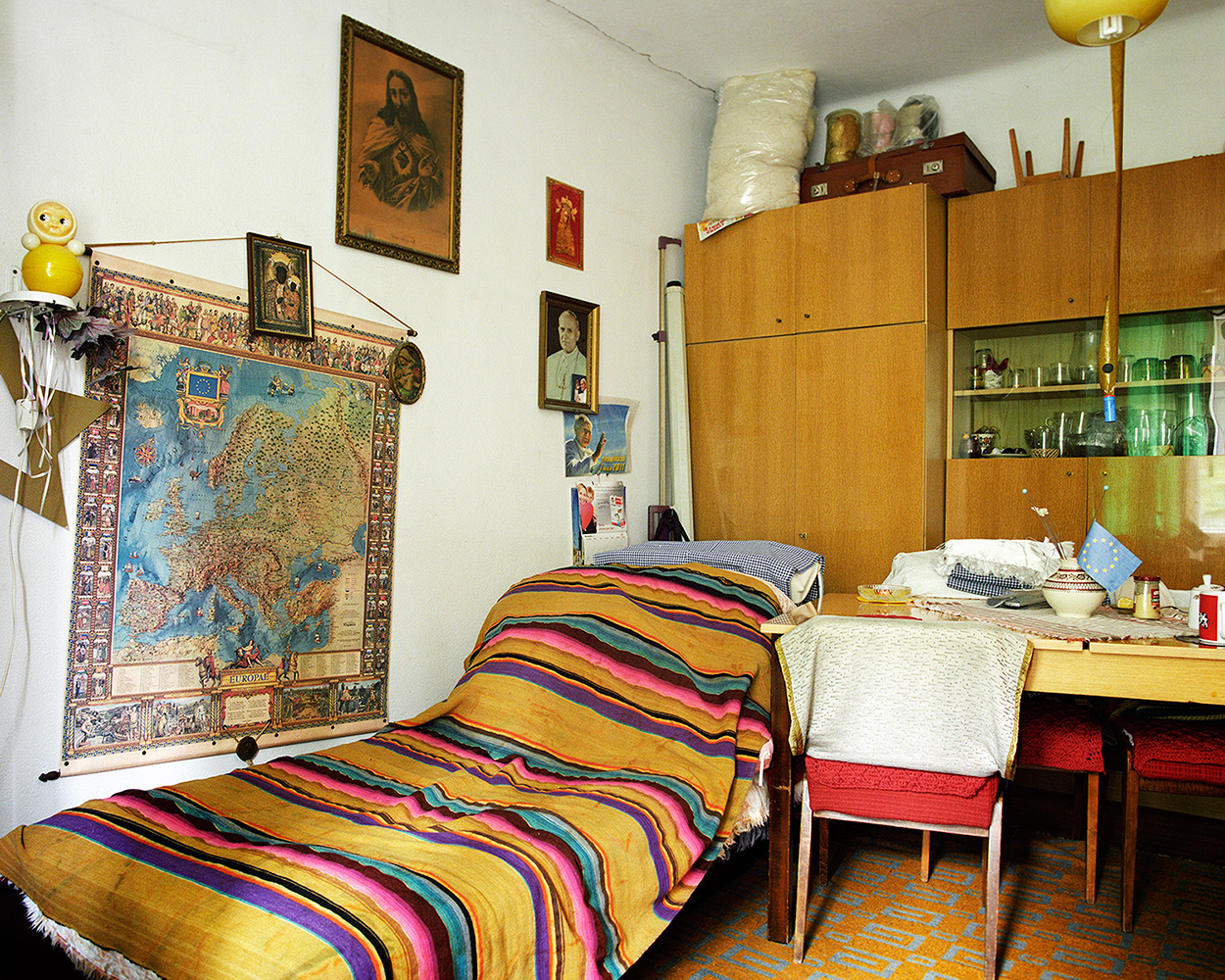
Zbigniew Kaliciecki. Missing since: 12/01/2010. Age at disappearance: 79
Despite the fact that all the stories were different I remember all of them and their details very clearly. Every conversation, every meeting with a family was extremely emotional. To be honest, those conversations were more important to me than taking the pictures. Surely they were the hardest part of the work. Talking to parents, wives, and siblings of the missing people.
Those families opened their doors to me, because they believed it might help them finding their loved ones and I believed that too.
The first room I visited had the biggest impact on me. It used to be Robert’s Wojtowicz room. He went missing in 1995 and his father has been posting his pictures in Cracow, where they live, ever since. He made him a website and a Facebook account. He even set up a foundation that gathers together families of the missing.
As for Robert, he was a psychology student at Jagielloński University in Cracow. He was last seen in the morning taking the trash out on the way to catch a bus to school that he never got onto. He was 21.
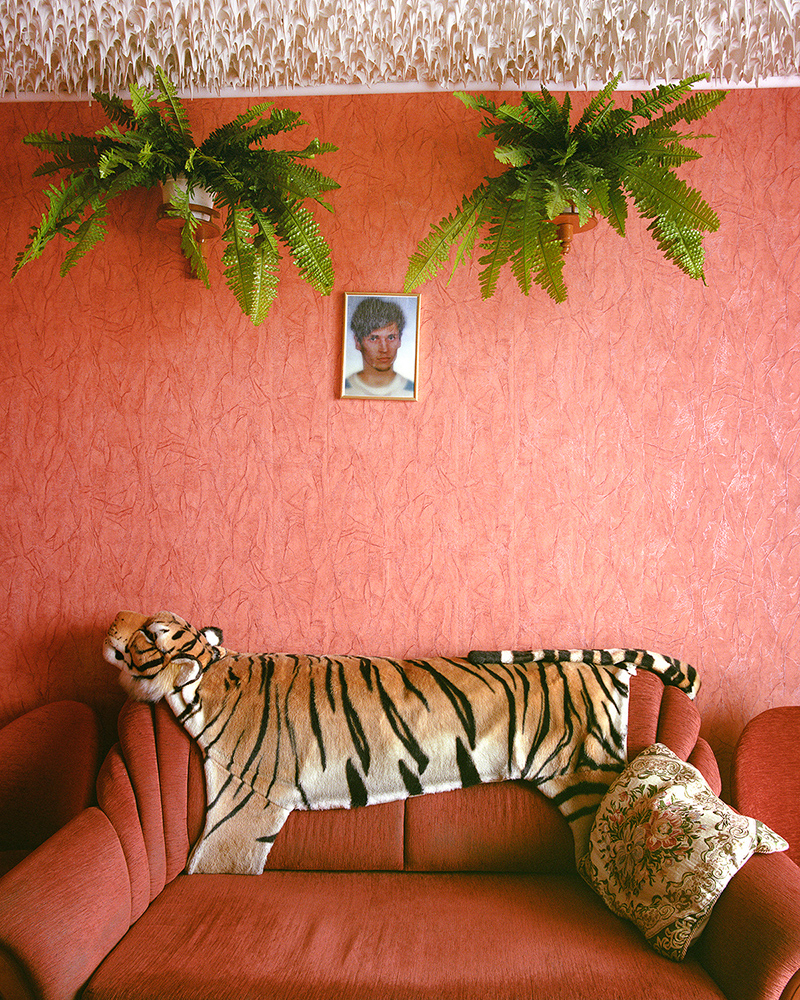
Robert Wojtowicz. Missing since: 20/01/1995. Age at disappearance: 22
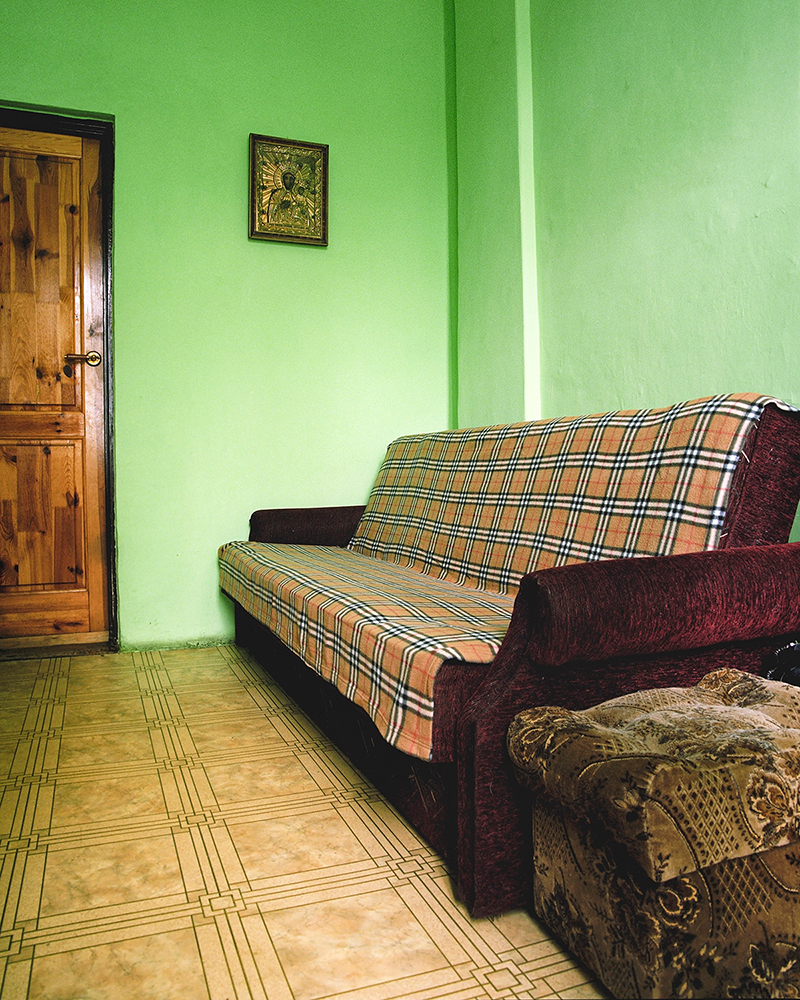
Leszek Jankowski. Missing since: 10/12/2009. Age at disappearance: 55
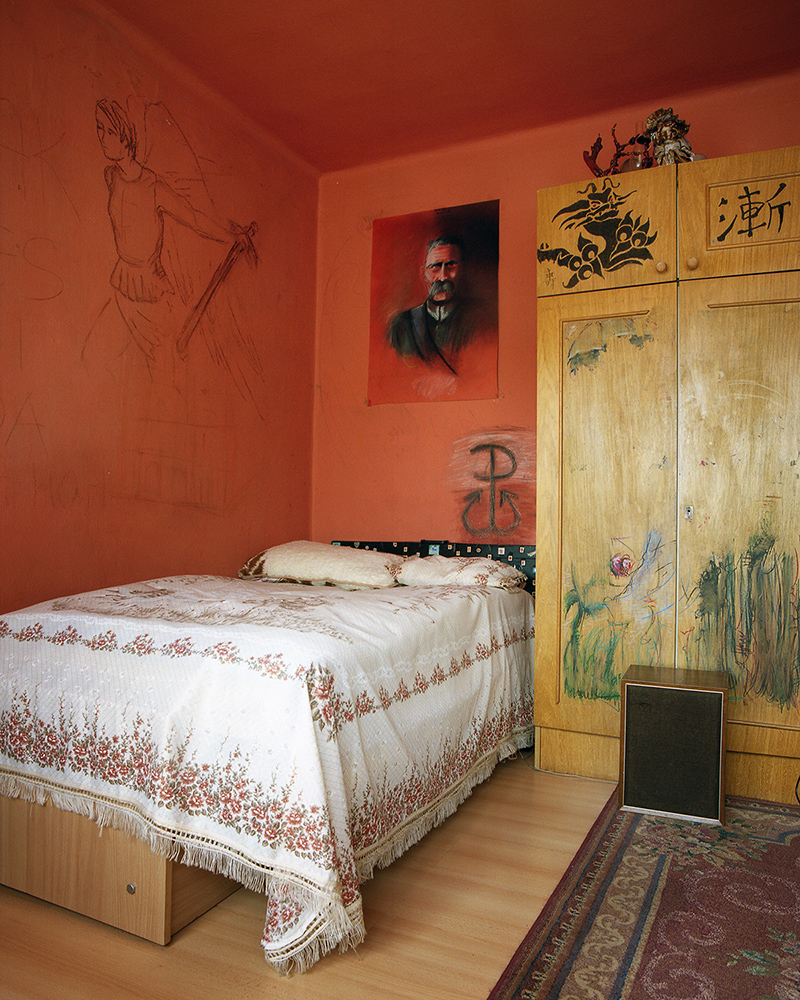
Katarzyna Demczuk. Missing since: 4/07/2010. Age at disappearance: 26
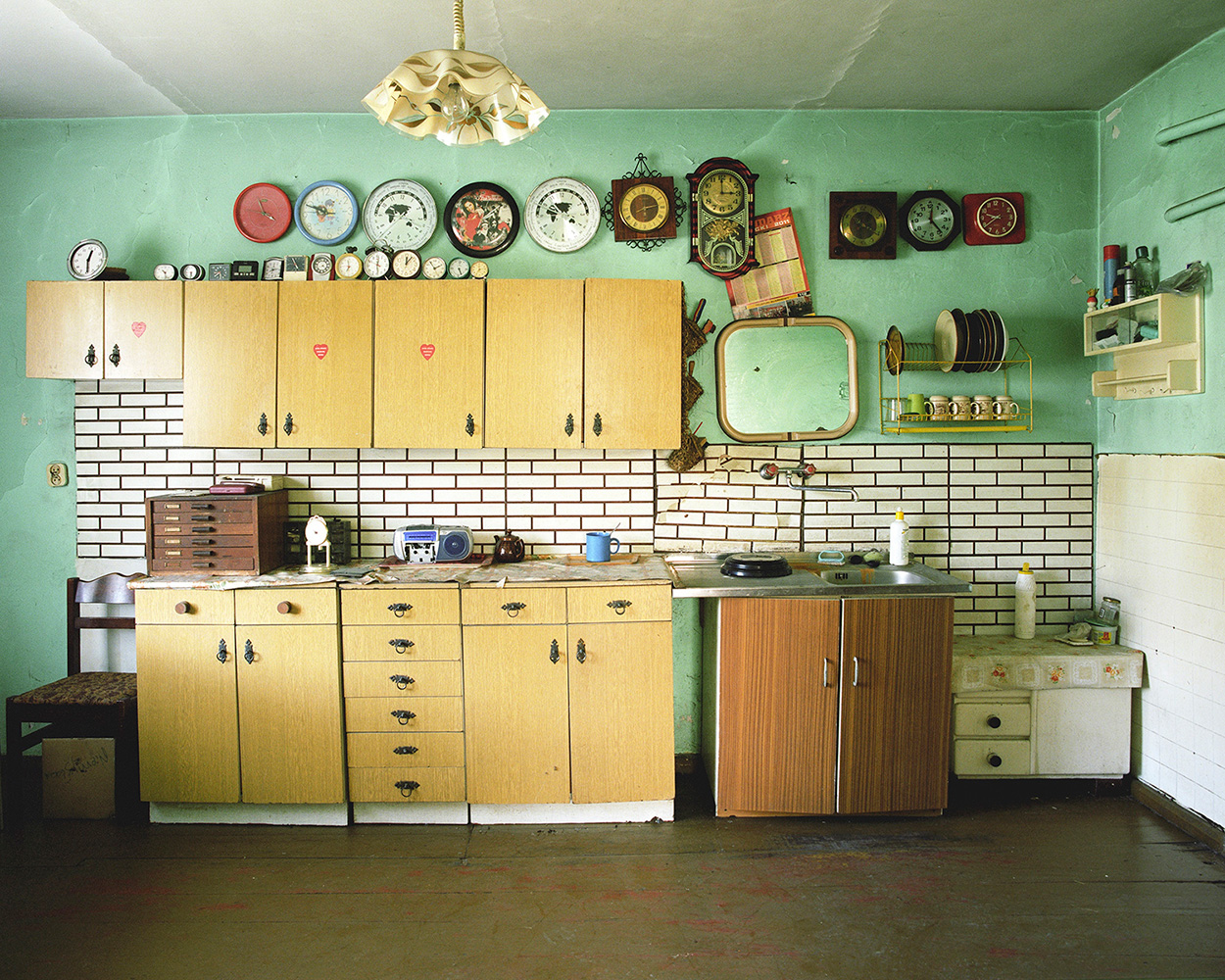
Henryk Zak. Missing since: 22/07/2011. Age at disappearance: 60
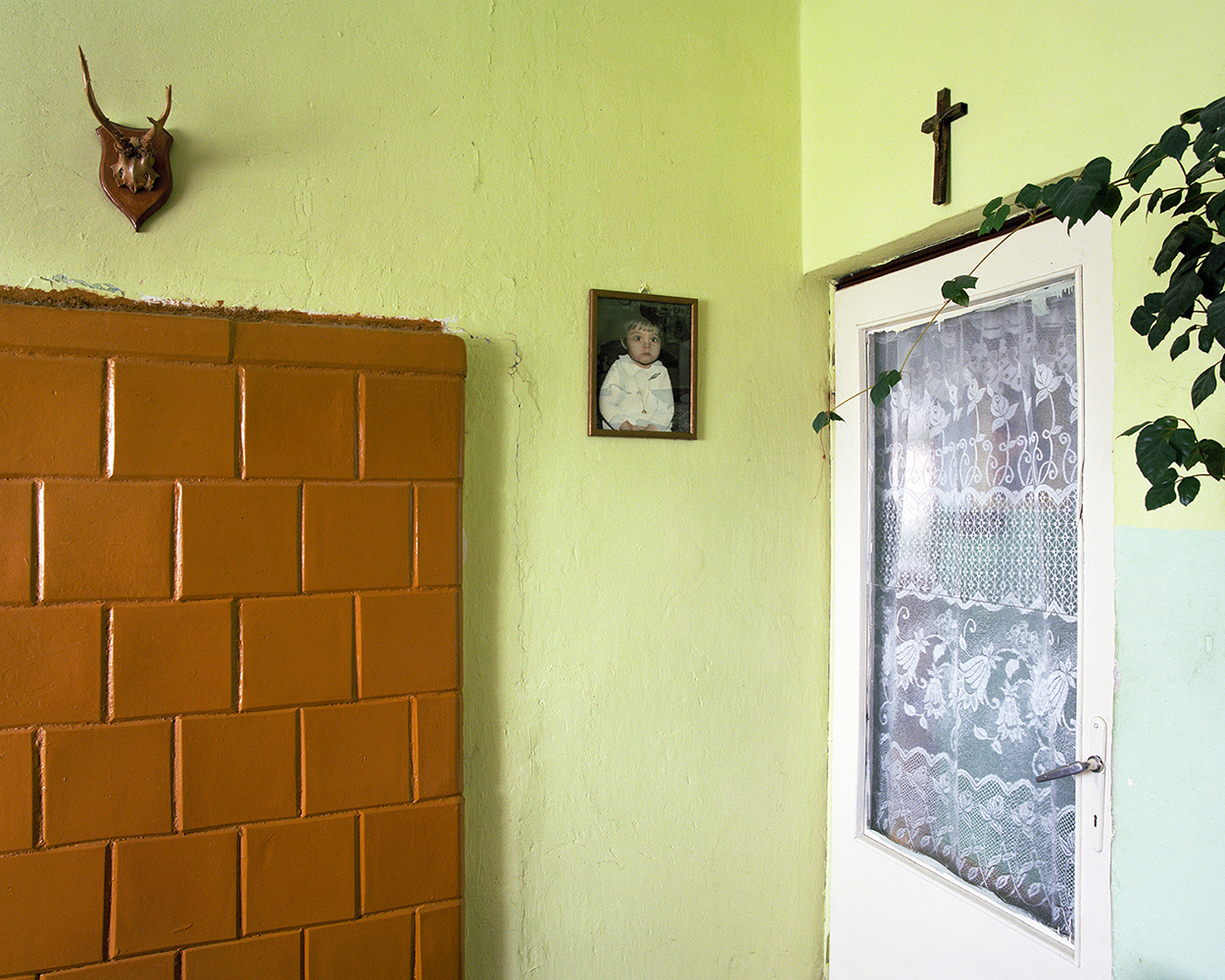
Jolanta Ciechanowicz. Missing since: 15/06/2002. Age at disappearance: 22
I worked closely with the Itaka Foundation (the only foundation in Poland who helps with searching for missing people). The foundation’s psychologist helped me a lot during this project. Although it was very (psychologically) difficult to make, I had a sense of mission. I wanted to make a change, to draw attention to this issue. Those thoughts helped me to complete this project.
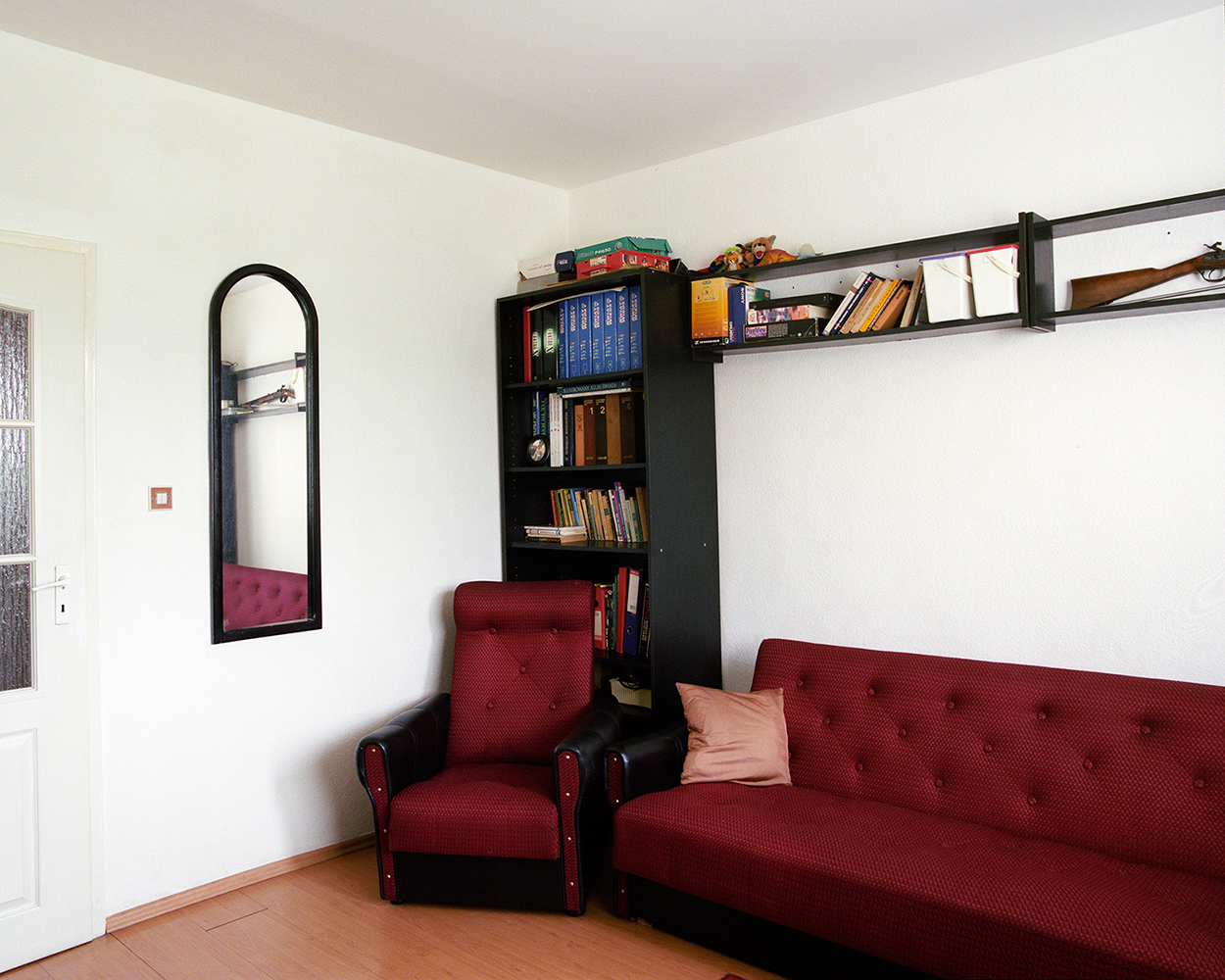
Konrad Piotrowski. Missing since: 3/10/2010. Age at disappearance: 23
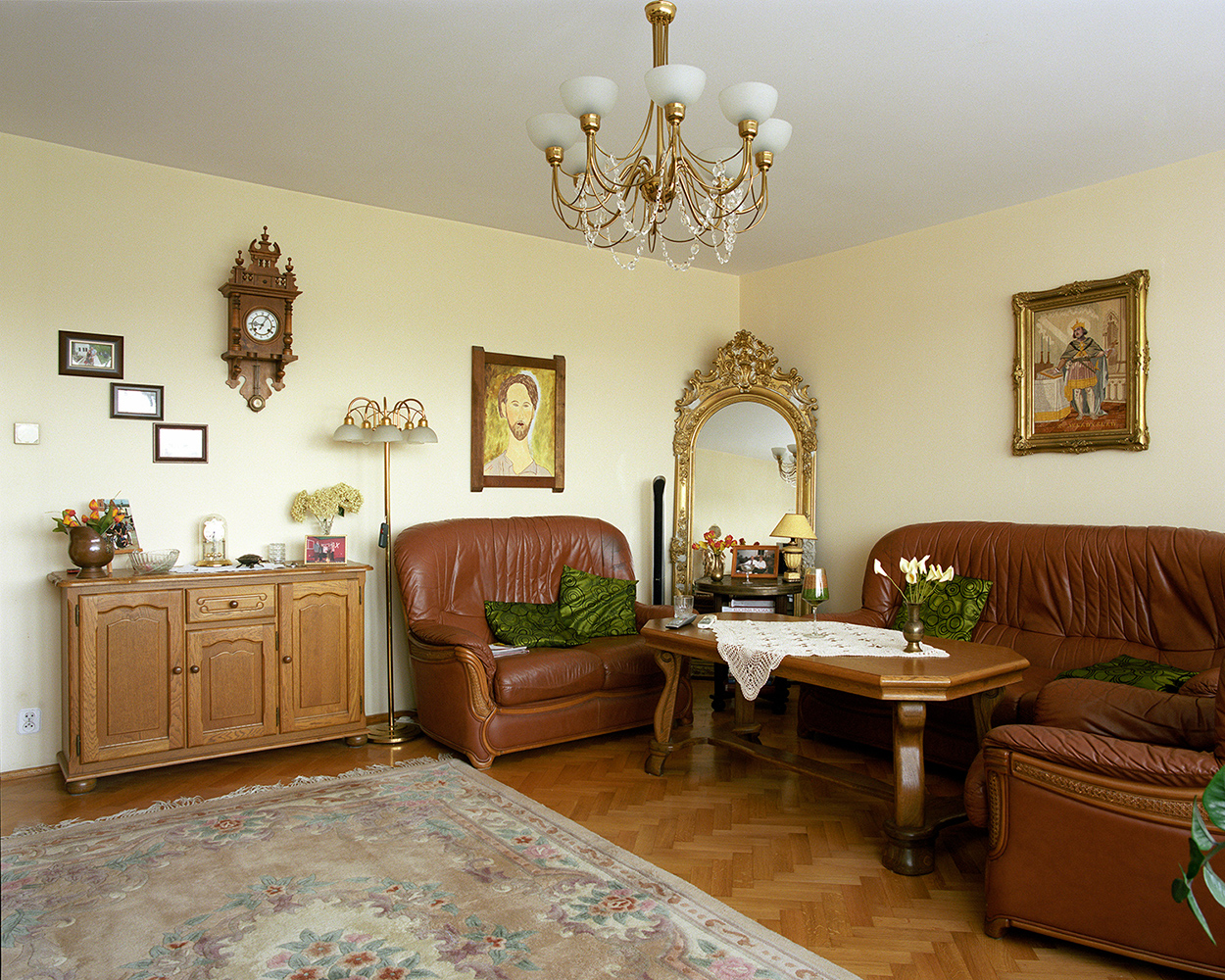
Roman Widomski. Missing since: 1/01/2010. Age at disappearance: 57
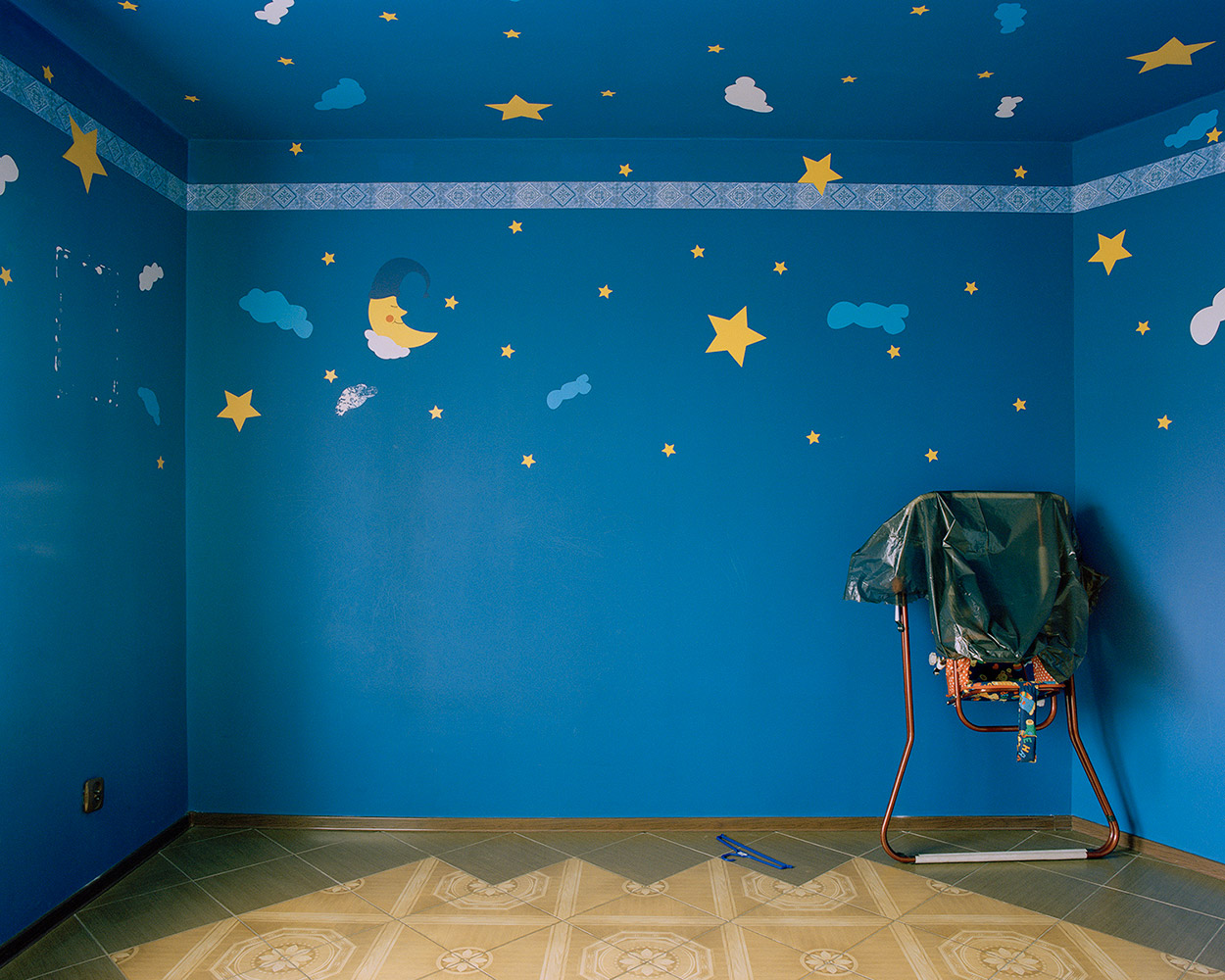
Marcin Przebieracz. Missing since: 15/06/2010. Age at disappearance: 30
New and best
